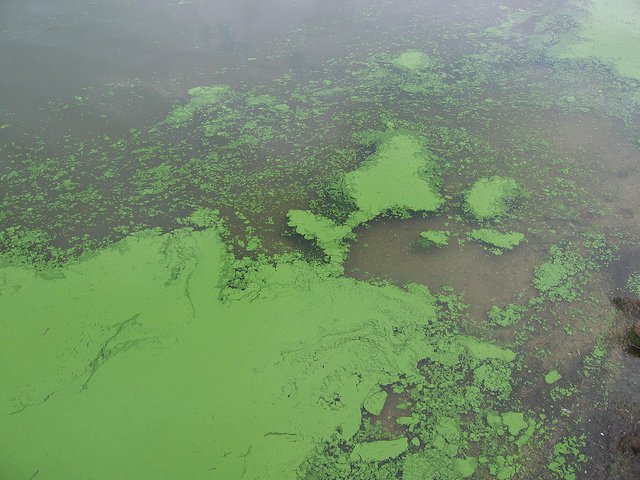
Cyanobacteria Information
Cyanobacteria are a natural organisms that live in all water bodies. However, in recent years, Arlington Pond has seen an increase in cyanobacteria blooms on the lake to unacceptable levels. Exposure to cyanobacteria can cause illness. Several exacerbating factors made the summer of 2023 a particularly difficult year for Arlington Pond and other lakes in the region. A warmer winter in 2022-2023 meant the lake did not freeze over as it usually does and the summer of 2023 was one of the wettest on record. The exact cause or causes of the cyanobacteria on our lake are unknown. Efforts are underway to pinpoint the actual contributors for our lake, but this is a long process that may take several years to complete. Yet, there are factors that are known to boost cyanobacteria blooms and there are steps that we can all take to minimize the impact and hopefully lower the levels.
For information about the new State Cyanobacteria Plan, see State Cyanobacteria Plan.
For current cyanobacteria advisories from NH DES, see Cyanobacteria Alerts.
For general information about cyanobacteria from the Environmental Protection Agency, see Cyanobacteria and Cyanotoxins.
More information about possible illnesses from cyanobacteria from the Centers of Disease Control can be found here : Illnesses and Symptoms and FAQs.
Fertilizers can add nutrients to the water that help the cyanobacteria thrive. For tips on better lawn care practices, see Lawn Care.
Decomposition of natural materials such as leaves can also provide nutrients for cyanobacteria. For tips on leaves, see Leaves.
Road salt increases the chloride in the water. For more information, see Road Salt.